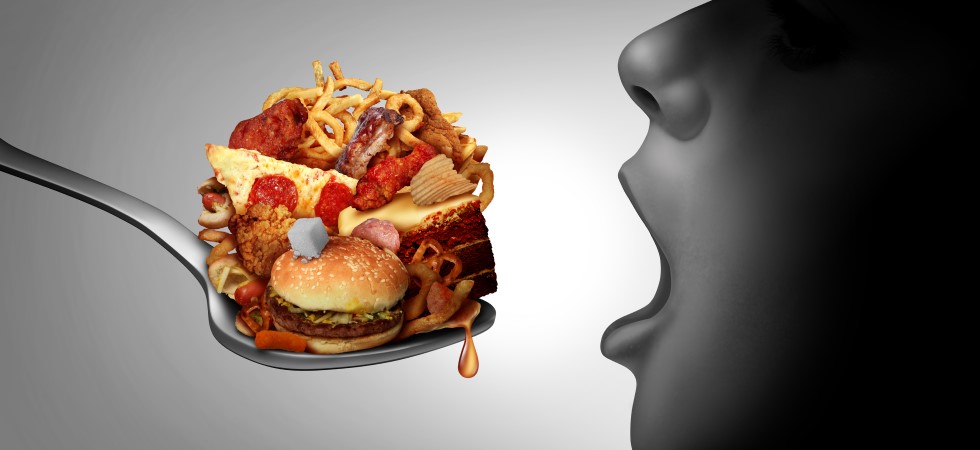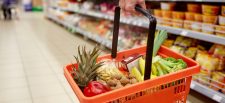New advertising rules aimed at tackling childhood obesity will come into effect from the end of 2022.
The Government has confirmed the move, which will see adverts for foods high in fat, salt and sugar (HFSS) banned online and before 9pm on television, following a public consultation.
These new rules apply to TV and UK on-demand programmes, as well as restrictions on paid-for advertising of HFSS foods online. In a statement, the Department of Health and Social Care stated the latest measures to tackle childhood obesity could wipe over seven billion calories from the national diet every year.
The watershed will apply from 9pm to 5.30am, meaning HFSS adverts can only be shown during these times. A total of 79% of public consultation respondents supported a 9pm watershed on TV while 74% agreed with the introduction of further HFSS advertising restrictions online.
Small and medium-sized businesses will not be affected, as the restrictions will apply to all companies with 250 or more employees that make and/or sell HFSS products.
Online restrictions will be limited to paid-for advertising, ensuring brands can continue to advertise within ‘owned media’ spaces online, such as a brand’s own blog, website, app or social media page.
Public health minister Jo Churchill said: “We are committed to improving the health of our children and tackling obesity. The content youngsters see can have an impact on the choices they make and habits they form. With children spending more time online it is vital we act to protect them from unhealthy advertising.
“These measures form another key part of our strategy to get the nation fitter and healthier by giving them the chance to make more informed decisions when it comes to food. We need to take urgent action to level up health inequalities. This action on advertising will help to wipe billions off the national calorie count and give our children a fair chance of a healthy lifestyle.”
The Government stated that in order to ‘keep restrictions proportional’, the new rules will apply to food and drink products of most concern to childhood obesity and will ensure the healthiest in each category will be able to continue to advertise. This approach means foods such as honey, olive oil, avocados and marmite are excluded from the restrictions.
“Headline chasing policies”
The Food and Drink Federation’s chief scientific officer, Kate Halliwell, said: “We are disappointed that the Government continues to press ahead with headline chasing policies which will undermine existing Government policies, principally the reformulation programmes to reduce calories, sugars and salt and portion sizes.
“The proposals would make it difficult to advertise many products that have been carefully reformulated or created in smaller portions in-line with the Government’s own targets; for example, Cadbury would not be able to advertise their 30% reduced sugar Dairy Milk.
“Not only do the proposals signal a lack of joined-up policy, the implementation periods for both advertising and promotional restrictions do not give businesses enough time to prepare for the changes. While we are disappointed that Government is pressing ahead with its plans for the bans, we will continue to work with Government constructively to ensure the policies are practical.”









